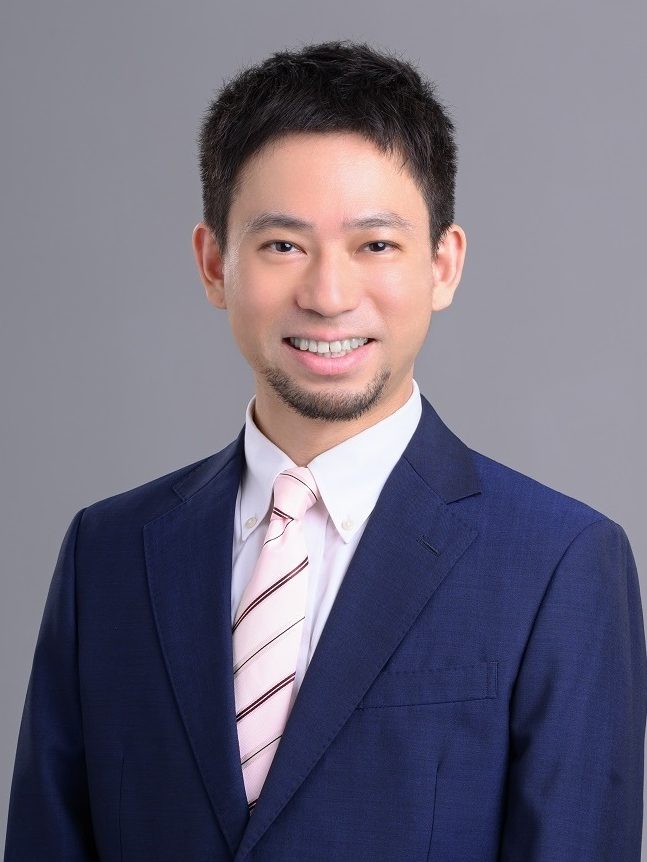



Three main drivers underpin this new wave of cross border investment.
First, technological catch up. Southeast Asian firms often face fierce domestic competition and often look to Japanese companies for innovations that can set their products and services apart. In fields such as manufacturing processes, advanced components and specialized services, Japan continues to offer capabilities that ASEAN firms struggle to replicate.
Second, sector specific opportunities. Industries like financial services, data centers and tourism related real estate are proving particularly attractive. For example, Singaporean property and REIT players are increasingly turning to Japan, drawn by stable demand and relatively favorable asset valuations.
Third, gateway effect. Japanese companies maintain well-established networks in the United States and Europe. For ASEAN buyers, these connections offer valuable entry points into global markets.
The appeal of Japanese assets comes with complications. Corporate cultures differ sharply. ASEAN buyers often prefer carving out specific business units from larger Japanese groups, yet such carve outs can be structurally complex. Decision making processes also diverge. Japanese firms emphasize bottom-up consensus, while ASEAN companies blend top-down strategy with centralized control. The misalignment can slow integration and frustrate both sides.
Employee welfare presents another sensitive point. Japanese management traditionally prioritizes long-term workforce security, whereas acquirers may take a more aggressive approach to rationalization. Seasoned Western acquirers have built playbooks for managing such frictions, but ASEAN firms are still in the early stages of adapting.
Japan’s regulatory system is transparent and well developed, but foreign buyers should not assume that legal compliance is the only hurdle. Informal yet influential stakeholders such as municipal governments, local associations and citizen groups can shape the perception and acceptance of an acquisition. Demonstrating long-term commitment to local communities, suppliers and customers often proves just as important as meeting regulatory requirements.
Valuations of Japanese targets tend to be higher than what ASEAN firms are accustomed to in their home markets. Yet currency movements and low-cost Japanese financing have made deals more palatable. The weak yen has provided a tailwind, while local borrowing costs remain well below ASEAN norms. This combination has encouraged buyers to look beyond headline multiples and pursue Japan as a long-term strategic destination.
Post-merger integration in Japan depends less on speed and more on patience. Japanese firms tend to move cautiously in transactions and expect acquirers to respect the pace of local decision making. Forcing an accelerated ASEAN-style timeline often backfires. Instead, success lies in empowering local management, engaging trusted intermediaries, and embedding respect for Japanese organizational norms. Done right, such acquisitions can deliver both technological uplift for ASEAN companies and new growth opportunities for Japanese targets seeking global reach.
The flow of capital from Southeast Asia into Japan remains small compared to Japan’s historic investments across ASEAN. Yet the momentum is unmistakable. Growing confidence among ASEAN corporates, coupled with Japan’s ongoing search for fresh growth drivers, is producing a more balanced two-way relationship. If the early lessons in integration are applied, this trend could usher in a new era of regional corporate cooperation, one that is less about Japan exporting its capital and more about ASEAN firms bringing their ambitions northward.
To find out more about how IGPI Group can provide support for businesses, browse through our insight articles or get in contact with us.

Kohki Sakata, Partner of IGPI Group & CEO of IGPI Singapore
After joining Cap Gemini and Coca Cola, Kohki joined Revamp Corporation where he managed projects on global expansion and turnaround in various sectors including F&B, healthcare, retail, IT, etc. After joining IGPI, he has managed projects mainly on global expansion and cross border M&A in various sectors such as logistics, IT, telecom, retail, etc. In addition to his broad experience in implementing solutions that has been developed in Western countries, he has developed multiple methods to turnaround Asian companies with focus on setting clear vision and employee empowerment. Kohki has proven the practicality of these methods by turning around Asian companies not only as an advisor but also as senior management.
He graduated from Waseda University Department of Political Science and Economics and IE Business School.

Shivaji Das, Managing Director of IGPI Singapore
Shivaji has over 20 years of strategy consulting experience, specializing in New Business Models, Innovation Roadmaps, and Sustainability Journeys. He has worked with private and public sector clients across 25 countries in sectors like Technology, Semiconductors, Chemicals, Healthcare, Renewable Energy, and Construction. Previously, Shivaji was a Partner and Managing Director-APAC at Frost & Sullivan. His paper on Artificial Intelligence was presented at CAINE-2000 in Hawaii, USA. He is the author of seven acclaimed travel, art and business books including The Visible Invisibles and Rebels, Traitors, Peacemakers (both Penguin Random House), as well as The Great Lockdown: lessons learned during the pandemic from organizations around the world (Wiley, USA).
He is an alumnus of IIT Delhi and IIM Calcutta.
IGPI Group is a Japan rooted premium management consulting & Investment Group headquartered in Tokyo with a footprint in Osaka, Singapore, Hanoi, Shanghai & Melbourne, as well as parts of Europe and India. The organization was established in 2007 by former members of the Industrial Revitalization Corporation of Japan (IRCJ), a USD 100 billion sovereign wealth fund focusing on turn-around projects in Japan. IGPI Group has 13 institutional investors, including Nomura Holdings, SMBC, KDDI, Recruit & Sumitomo Corporation to name a few. IGPI Group has vast experience in supporting Fortune 500s, Govt. agencies, Universities, SMEs and funded startups across Asia and beyond for their strategic business needs and hands-on support across a wide variety of industries. IGPI group has ~8,500 employees on a consolidated basis.
* This material is intended merely for reference purposes based on our experience and is not intended to be comprehensive and does not constitute as advice. Information contained in this material has been obtained from sources believed to be reliable, but IGPI does not represent or warrant the quality, completeness, and accuracy of such information. All rights reserved by IGPI.